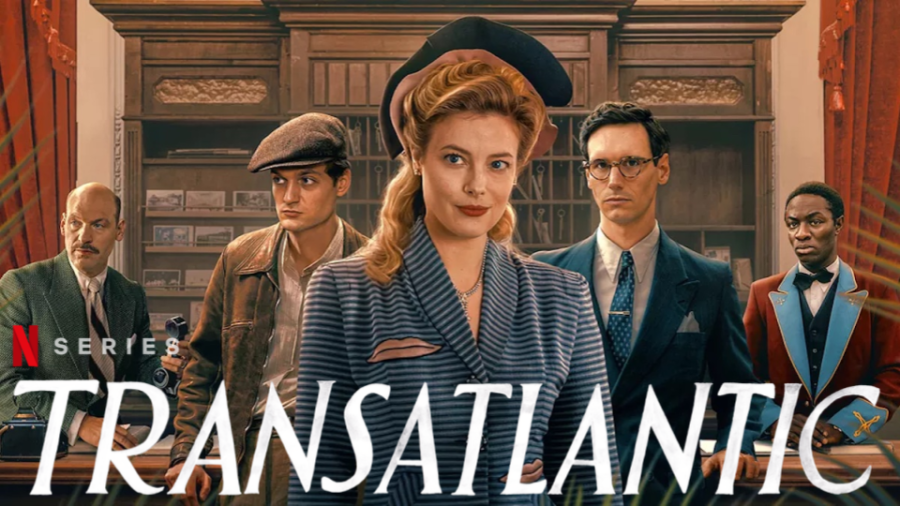Transatlantic
Transatlantic is a new show on Netflix that just came out this month. Focusing on American journalist Varian Fry and American heiress Mary Jayne Gold, Transatlantic tells an impressive story.
In the early 1940’s, while the United States was staying neutral to the increasingly polarizing events occurring in Europe (later to become WWII), anti-semitism was growing in popularity. France, trying to save its land and people, struck a peace agreement with Germany. In exchange for the privilege of peace, they agreed to turn in all known people who held and expressed Pro-Jew and Anti-Nazi beliefs to the Gestapo (Germany’s secret police).
Varian Fry and Mary Jayne Gold, just two average American civilians willing to step to the table, helped to found the Emergency Rescue Committee—an underground organization that helped the sort of people France would be obligated to turn in—get access to visas, create false passports, house them in secret, and help them escape France through the Pyrenees Mountains, flights to America, and ships to neighboring Spain. Many of these were famous authors and artists, such as Hannah Arendt, Franz Werfel, Andre Breton, Max Ernst, and Marc Chagall. Saving more than 2,000 people from the Nazis before being forced to flee France in 1941, neither Fry nor Gold was recognized in their lifetime for their heroic actions.
Weaving together a few important historical events and shooting on-location in Marseille, France, the show has received mostly positive reviews. Scoring an impressive 94% on Rotten Tomatoes, viewers have enjoyed the stunning production quality and effort to bring to light a lesser-known historical event in a contemporary format. With Transatlantic being based on Julie Orringer’s book, The Flight Portfolio, not Varian Fry’s own book, Surrender on Demand, critics have expressed their disappointment for the series’ lack of focus on the main plot, and instead on romances that may not have been historically accurate and subplots that didn’t necessarily need telling for the purpose of the show. But, in my mind, that’s to be expected from a Netflix show. It’s a disappointing fact that the company has a record of dramatizing things that may or may not have occurred, instead of staying true to historical fact and telling a story that truly doesn’t need to be “spiced up.” However, to credit the streaming behemoth, they state this fact at the end of every episode: “This series is a work of fiction inspired by real people and real events.”
Transatlantic is currently streaming on Netflix.
